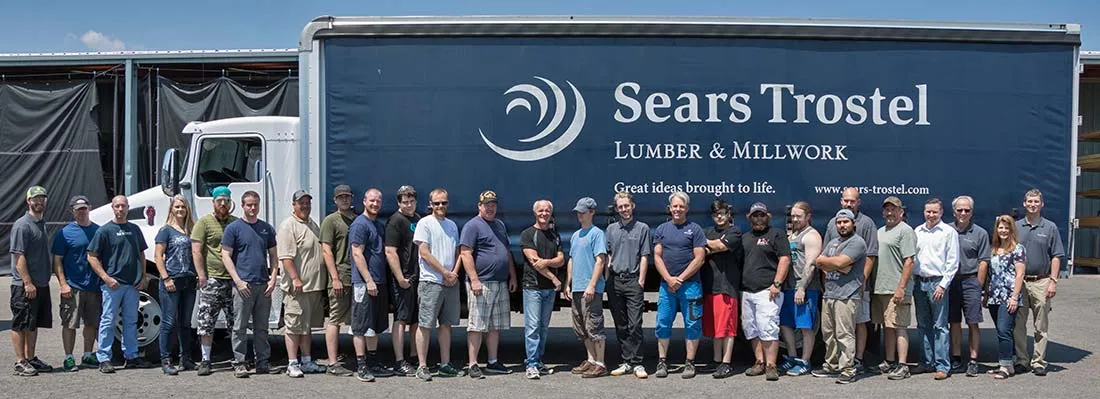Table of Contents
Sales is competitive. Good accounts have a lot of salespeople calling on them. How can we differentiate ourselves from the crowd and stand out quickly?
Persistent and consistent
Most sellers don’t call on prospective accounts in a consistent way. Many sellers work the accounts that are buying from them differently than the accounts they are working that are not buying from them. This is a mistake. We need to have an “active rotation” of accounts we are calling on.
We work the accounts that aren’t buying from us just like the accounts that are buying from us. We call them on a regular basis. Ideally, we call our accounts on the same day at the same time. Like the mail carrier we want out accounts to count on us. The accounts we are already selling do, and the accounts we are working on will too, faster, if we call on them in a consistent manner.
Reception
The fastest (and easiest) way to stand out from the crowd is to take the time and energy to be nice to the receptionist. Most sellers treat the receptionist like furniture. They aren’t rude, per se, but dismissive. The Master Seller doesn’t rush the greeting with the receptionist. They slow down and are warm and charming when they greet them. They take the time to ask them how their day is going, ask for their name. Most sellers don’t even greet the receptionist!
Great Second Call
Master Sellers know how to get the correct information on the first call so that their second call brings value to the customer. I listen to a lot of very bad second calls. They are re-prospecting calls. This does not bring value and is frustrating to the customer.
Why? Because most sellers do a poor job of finding out what the customers main items are. Master Sellers get the information they need to make a great second call (i.e., the item, the grade and the type or quality of stock the customer uses so that on their second call they can offer their potential customer something they use, not something close or something they don’t even buy!)
Business Offering
Once we know the customer’s specifications, we start to send them quality offerings on a consistent schedule. Our offering has the products our customers buy with options on those items. Many sellers’ sales calls are a veiled or explicit “Whadya need today and whadya want to pay for it?” calls. These calls bring zero value. Just the opposite. These sellers are asking the customer to do their job for them and wonder why they get poor treatment. The Master Seller brings value by offering the customer multiple items.
Market Opinion
Most sellers are so afraid of being wrong that they won’t give their customers a strong opinion on the market. Master Sellers have an opinion on the market and use their knowledge to help their customers make buying decisions. They write out this opinion and send it to their customers.
Handwritten Thank You Notes
After the first order with a customer, we can send them a handwritten thank you. Postcards from our home state work great. Not an email! We take the time to write a sincere “thank you and I look forward to doing more business with you” note.
Humor
Some sellers are too nervous to try humor. Others don’t attempt humor because they are only there for the order. The Master Seller is relaxed. They try to make a human connection with their potential customers. Because the business part of their calls are prepared ahead of time (See Business Offering) they can and do relate to their potential customers. They know when and how to get to the “business part” of the call, but they are not in a hurry.
“What if I’m not funny?” some of you are asking. Two things. Buy a joke book; dumb humor is funny—believe me, I know. I’ve been using dumb humor for years. Just trying to be funny is funny and helps others relax, so go for it.
Be Ourselves
The good news about sales is that we all get to be ourselves. “Be yourself, no one can beat you at that.” Master Sellers are comfortable with themselves so their customers are too.









